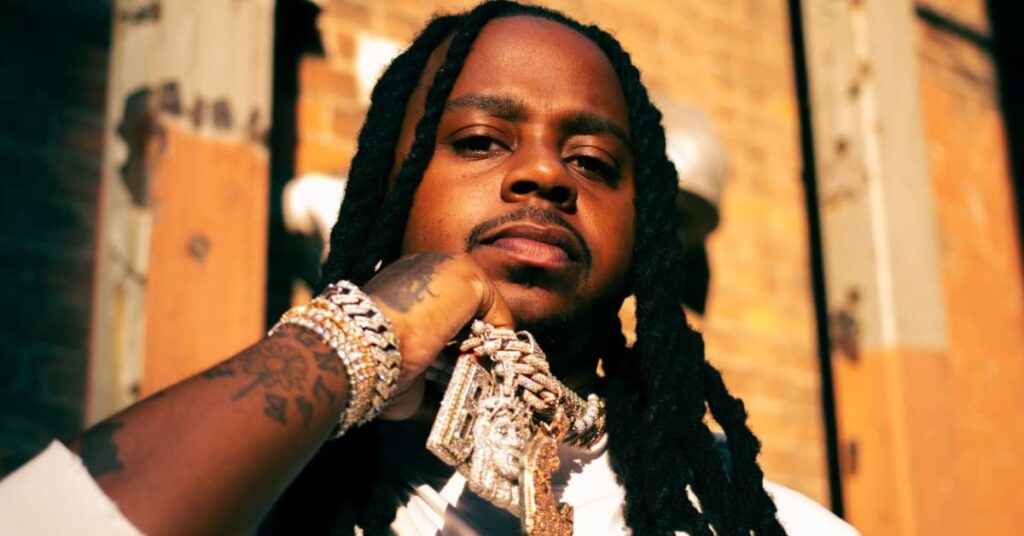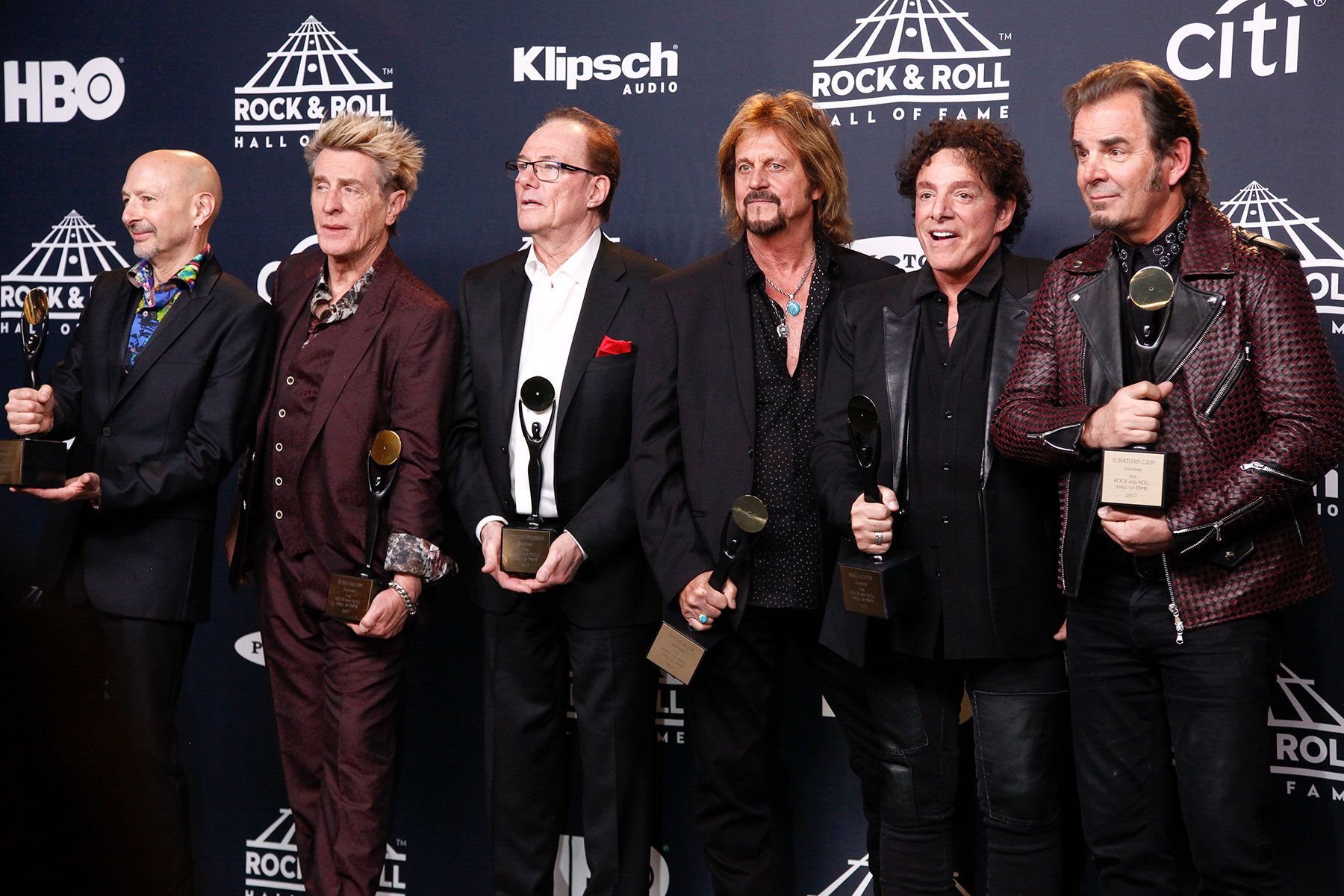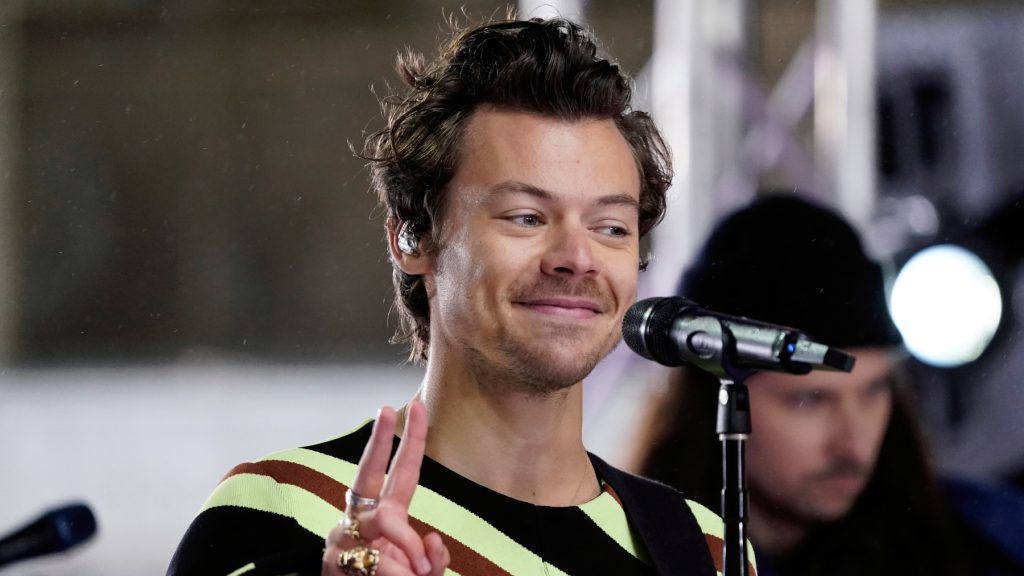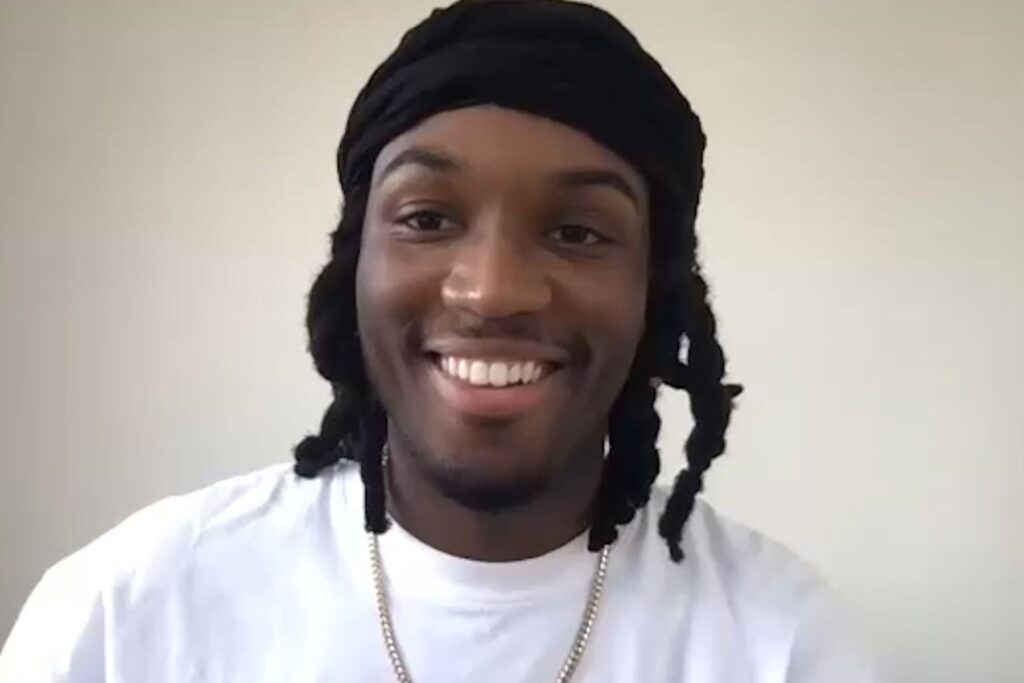
Babyface Ray Makes His Case for Being on the Mount Rushmore of Detroit Rap
Success in rap sometimes comes overnight, but that’s rare. Typically, rappers—especially those from the streets—spend years grinding before they catch a break. Even then, that break can be brief. Veteran Detroit rapper Babyface Ray has experienced this ebb and flow in a career that spans nearly 15 years. He made his debut in the early 2010s as part of Team Eastside—alongside peers like Peezy and Damedot—and has since carved out his own path as a solo artist, becoming one of the main flag wavers for a local Detroit scene that’s garnering more attention nationally.
His status has fluctuated between being labeled “the next big thing” and simply just “dope.” (In fact, during our last conversation in 2022, we declared that his “moment” was “now.”) Despite being fairly consistent—releasing four albums in two years, with Face likely being his best—and earning a reputation as one of Detroit’s top rappers (perhaps just a step below Peezy), you still get the sense there’s another gear for him.
His latest album, The Kid That Did, which dropped earlier this month, represents that attempt at a level up; it’s perhaps his most introspective project to date. Ray reflects on his trajectory with a hint of regret—on “Groupies & Goofies,” he raps, “I’m irritated, mad ’cause all the opportunities lost ’cause I hesitated”—while also considering his legacy.
The project has its share of slick, heavy-tongued cash shit bars. But it also showcases a new aspirational side to Ray. This is evident in the album’s final track, The World is Yours, which features Fabulous and mogul Rich Paul. On the song he raps “Fuck I look like drillin’ some shit…Focused on makin’ music” before spitting “walking through the sand, leavin’ Fendi prints.”
For Ray, the real growth in his music comes from the musical choices, not so much the lyrics, with the rapper playing with an expanded palette of accessible sounds that’s a departure from the chaos of typical Detroit production.
“It’s a little bit more growth, a little bit more classy, chill,” Ray told Complex. “I think [my last album] Summer’s Mine is a little bit more raw, Detroit style. This one has a different texture to it.”
With a new album out and a tour on the horizon, it was the perfect time to catch up with Ray. We spoke with him about his new album, why he should be on the Mount Rushmore of Detroit rap, his views on the Eminem discourse, and more.
This interview has been edited and condensed for clarity.
How’s this album different from Summer’s Mine?
It’s a little bit more growth, a little bit more classier, chill. I think Summer’s Mine is a little bit more raw, Detroit style. This one got a little different texture to it.
So you would consider it less street?
I mean it’s still street. You listen to it but you have to listen to it to know. Just different beat selection, that type of thing.
If someone is not really familiar with Detroit rap, how would you describe the different sounds? Like what makes the city distinct?
Our style of rap, man. Our cadence. They used to say we was kinda offbeat a little bit.
Did that used to annoy you when people are like, “you’re not on beat.”
Yeah, but they ain’t understand though. But we here now so I ain’t tripping.
We don’t hear it as much [anymore.] Sometimes you still get it but we don’t hear it as much as back then when we was trying to break through. We used to hear it all the time.
I heard you once say that here’s a difference between Eastside Detroit rappers and Westside Detroit rappers. How would you describe it?
You can kind of tell, a little bit. I mean now it’s hard to tell because it’s more grittier rap going on—it’s a little bit wider. But back then when I was initially starting, you could tell an Eastside rapper from a Westside rapper…from how they dress and what they talking about. Eastside more raw, ghetto, dirty as they would say. And then the Westside was a little bit more clean cut. Flashier. So that’s how you could tell back then. It ain’t really too much like that right now though.
What happened?
Well everybody getting money. So everybody looked like they up to par. So it’s kind of hard to tell the East from the West for real.
Detroit rappers seem to have a really great collaborative spirit.
We know each other. Most of the people that’s from Detroit, we really know each other. Peezy, I was in a rap group with him. Veeze, I knew him before he was doing what he was doing. So it’s just we all knew each other. We’ve been doing it for a minute. Before the world knew about who I was or who we was, we was already cool and doing our thing for real.
How competitive are you guys?
Not too much but it’s still competitive. Bro would do something and you’d be looking like, “Alright, I see what you doing.” Then he might have to go get you something to do something. Then you just let them know how you coming. But it ain’t no straight ahead—”He going at you.” No, it ain’t none of that going on.
But if you hear Peezy going crazy on something, does that make you kind of turn up?
For sure. Yeah, that’s how I initially started out. Bro might be going crazy. That’s how you get better yourself. Like I got to go back. That’s how it started out for sure. It started off real competitive. For real.
How do you go by figuring out who you want to work with on a project?
If I create something and then after a while ride with it, I might ask my guys, “Who you hear on this?” Or, “I think I want to put such and such on this.” And then we’ll try our best to get that person on there and it could be the biggest person or the smallest person. Sometimes it be something super attainable. Then it might be somewhere where it might be a little harder to reach, but it just depends on what I hear.
You have Rich Paul on the album. What’s the connection there? How did you guys meet?
Met him through my homeboy—he do clothes—Jack Ripp and he connected us. He called me one day and asked me did I know who Rich Paul was and was it cool for us to connect. And I’m like, “Yeah.” Then we ended up connecting and that led to us ending up in the studio making a song.
How much of a fan was he?
He had a certain song that he listened to when he was making his book, “Congratulations” with Lil Yachty, and he just kept touching on that. So he was a fan of what I was doing.
You met LeBron?
No, not yet. I ain’t even said nothing to him about LeBron.
How come?
He might not call me back no more. You mention LeBron like, “Hold on, bro trying to get to LeBron.”
You were teasing the Veeze song “Wavy Navy University” for a while. Why did you feel like that was one of the ones for the album?
Really the fans. I had leaked it. I do that often where I just play something on Live or I might leak a snippet of it and then I just get the feedback from the fans. I don’t even think they knew Veeze was on it at first and they kind of liked the song. So I tried to work and get that out as one of the ones I wanted to put out.
When you’re teasing shit, do you have a high level of confidence in it or are you teasing it to try to see if it works?
If it makes it to me playing it on Live, then I’m really feeling it myself. There’s been times I’ve been playing songs on Live where they wouldn’t be feeling it too. So if it make it to me playing it on Live, then I’m really feeling it myself too. And then if they enjoy it’s a win-win.
If you have to build a Mount Rushmore of Detroit rap, who’s on there?
We got to put Blade Icewood on there. We got to put [Eminem] on there. Not even for political reasons. He put on for the D for sure. I’m putting myself on there. We got one more. Damn man…We got to put Peezy on there then. That’s big bro. So Peezy, me, Blade and Em.
Sometimes Detroit rappers will say things like “Em’s not really a Detroit rapper” because he’s not really from the streets or whatever.
I mean it’s new times right now. So we popping right now. Detroit artists…we moving and grooving. You might catch us out doing our thing in real life. And I think what they are saying is we never had a chance to see Eminem nowhere or be able to be like, “Damn, look at him. He coming through.” And use him as motivation like we doing for the streets. But I don’t take that away from him and what he’s done musically. That’s just how he moving. So they don’t mean nothing by it. They just saying we outside and he was never outside, type shit.
Do you see yourself as playing that sort of motivational role?
Yeah, you could tell when you motivate them. You see the look in their eyes, I could be doing something totally normal—just going about my day—and then somebody be like, “Damn, that’s face.” And then you could just tell you motivating them just by doing what you doing. That’s cool.
Obviously you have Detroit and then you have Flint right next door. How would you compare and contrast the two scenes?
I think Flint—they be saying real shit too—but I think they say crazier stuff. They could come off as comical, but they be dead serious about what they be saying. That’s their style.
What’s a splurge you made for yourself recently?
I got a lot of nice stuff, so I don’t know. I like watches. Clean stuff. I bought this [Patek Philippe] on my birthday. So I guess that’s a splurge.
That’s a beautiful watch.
Thank you.
What’d you do for your birthday?
Bought a watch, went to the studio.



